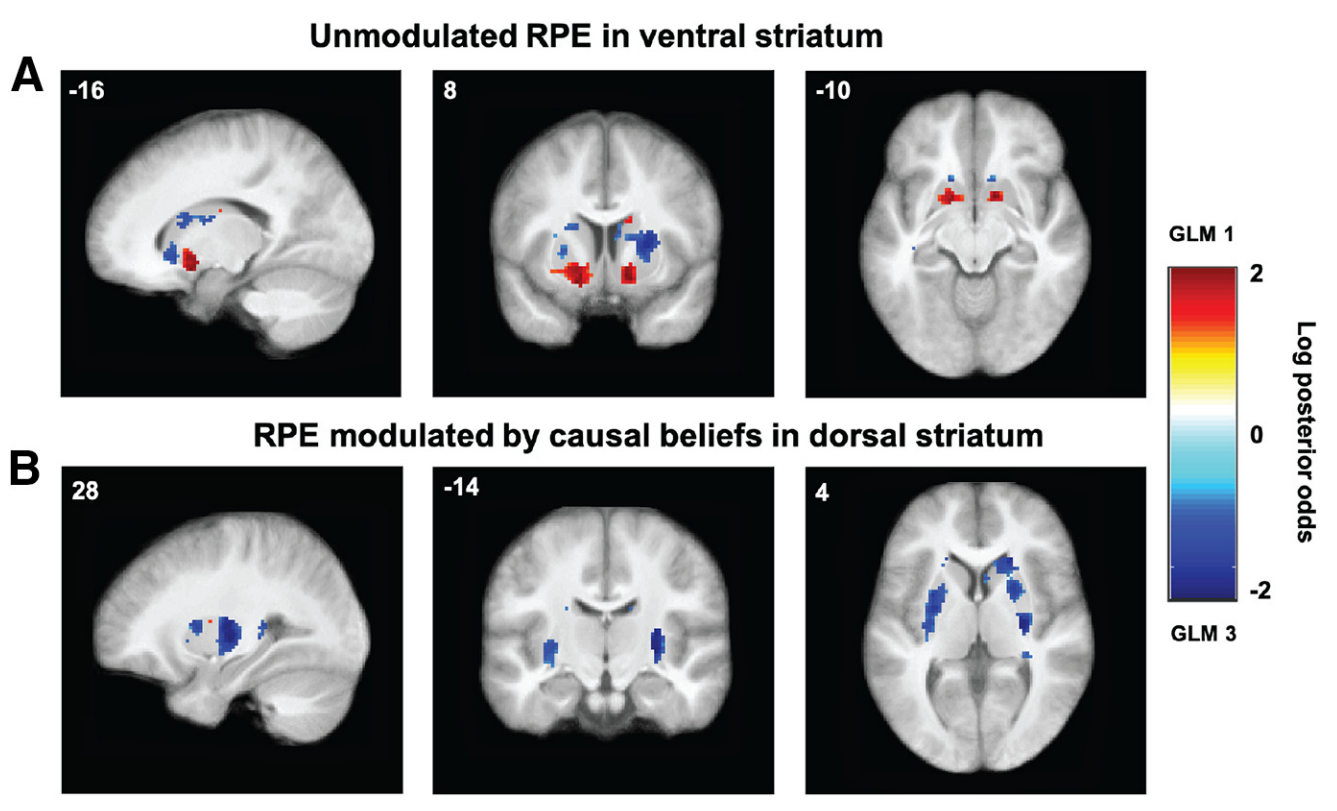Description
To support planning of action sequences that have desired outcomes, our internal model of the world must necessarily be causal. That is, the brain must model how different actions, events, and objects (causes) contribute to future events (effects). I study what form these causal relationships take, how they are learned and represented by the brain, and how they interact with reward-based learning.


